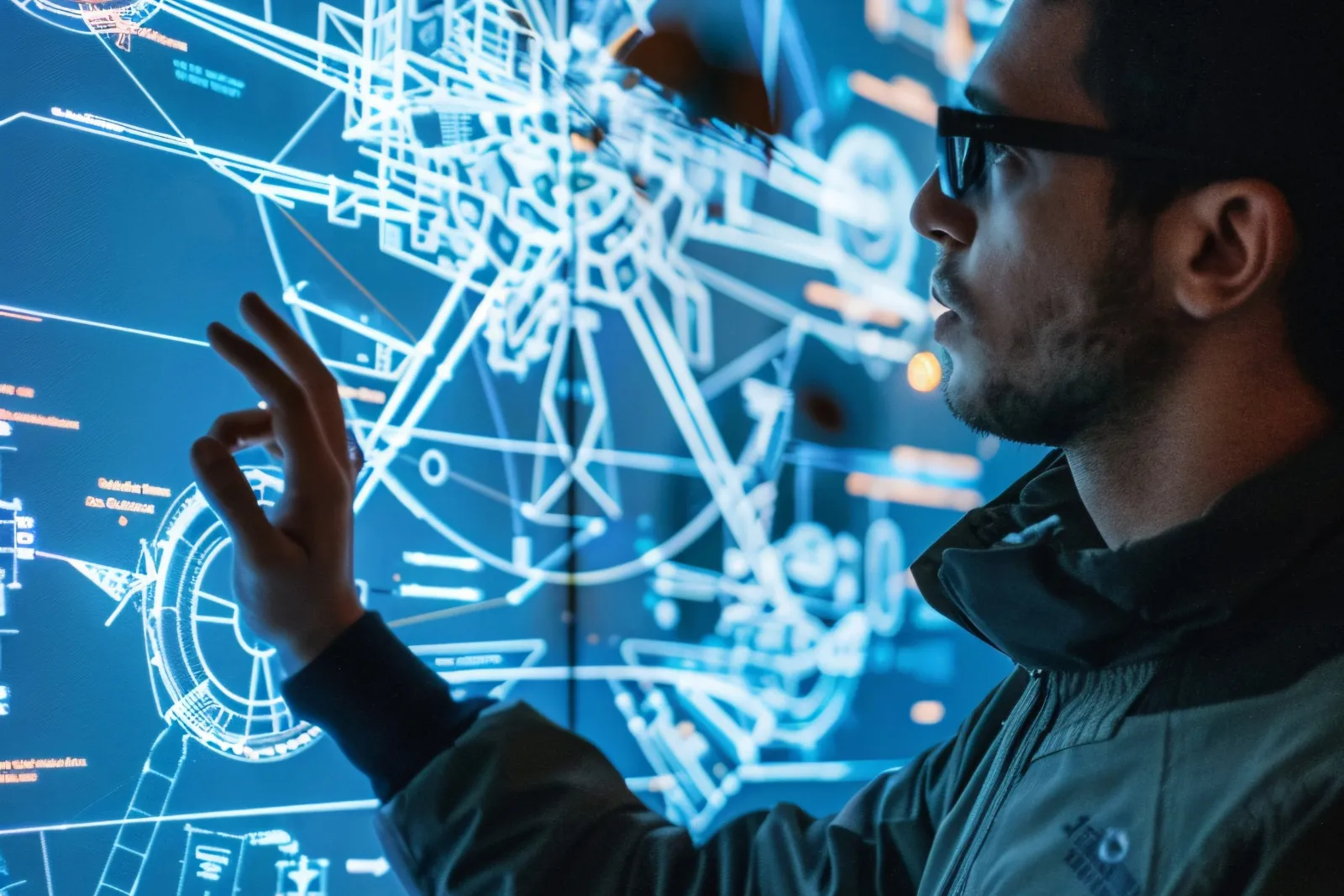The power of people at a tech-heavy ADIPEC: the human side of innovation

By Astrid French, Head of Middle East, Aspectus Group
ADIPEC 2025 will spotlight AI and advanced tech, but people make progress possible. This piece shows why human-centric narratives, skills and safety should anchor marketing, and how exhibitors can showcase talent, training and impact to win trust, gain differentiation, and connect with partners at the show.
ADIPEC 2025 is shaping up to be one of the most tech-driven editions yet. Following its debut in 2024, the AI Zone will return in full force as a headline feature. This time, even bigger.
Across the show floor, we’ll no doubt see the latest in digital twin technologies, predictive maintenance, well monitoring, carbon capture breakthroughs and much more.
And rightly so. The energy industry is embracing the power of technology to become more efficient, agile, safe and sustainable.
But amid this noise, a truth remains – without people, none of it is possible.
The progress paradox in energy
For every breakthrough unveiled at ADIPEC, there is a parallel challenge of workforce readiness. Energy transition projects are demanding new skillsets, safety standards are evolving as mixed project teams become the norm across assets, and competition for engineering talent has never been fiercer. Technology can support and enhance, but it cannot replace the critical role of skilled people.
Why human-centric stories cut through
Delegates and attendees will gather to hear ‘what’s next’ in energy. But this is sometimes both our greatest strength and greatest weakness as an industry. We’re always looking to the next innovation, or the next phase of our sector. This is correct – and in fact is required – to deliver for a growing population, increased electrification and a just transition.
But, sometimes, the ‘what’s next’ comes at the expense of ‘how we get there’. And at the heart of that? It’s not just tech. It’s the people making it happen. Human-centric innovation at ADIPEC 2025 will be just as important as the tech itself.
So, why does all this matter for marketing?
The organizations that will stand out at ADIPEC are those who can humanise their innovation narrative:
- Showcasing safety and skills development as differentiators
- Spotlighting employees who drive operational excellence
- Linking innovation not just to efficiency, but to meaningful work and safer workplaces
Companies that show how they are preparing their teams, investing in local talent, and really examining how humans and technology will work hand-in-hand, not in silos, will position as the most future-ready. And on top of that, will build better trust with partners and prospects. After all, even in a B2B setting, you’re buying from people.
Communications play a critical role here. From creating case studies and highlighting training initiatives, to ensuring the voices of engineers, technicians, and project leaders are front and centre.
See you at ADIPEC 2025!
ADIPEC is where the energy sector sets its agenda for the year ahead. In 2025, the most memorable stories won’t just be about machines or models, they’ll be about the people who make progress possible.
Want to connect at the show? Send us an email and let’s chat.
Key takeaways
What challenges come with a tech-first ADIPEC?
Technology is essential to progress in the energy industry. But, breakthroughs can at times outpace workforce readiness and at that point skills, safety and talent gaps can emerge. Remembering the importance of the people powering progress is crucial to safeguard long term innovation.
Why humanize innovation stories?
Human-centric narratives can help to build trust, show impact, and differentiate beyond features or efficiency claims. Standing out is crucial at one of the busiest shows on the global energy calendar.
How can exhibitors stand out?
Highlight safety and skills, spotlight employees driving excellence, and link innovation to meaningful work and safer sites.
What should communications teams do now?
Create case studies, showcase training initiatives, and put engineers and project leaders front and centre.
About the author
Astrid French, based in our Dubai office, leads Aspectus Middle East, and is responsible for overseeing its direction, fostering its growth, and cultivating strong client relationships. Her experience spearheading global, integrated communications programmes is layered with a deep understanding of strategic nuances in the region. Astrid has worked with a range of clients, from energy supermajors and early-stage tech investors, to prestigious private banks.
Related News
-

Why insight, not identity, builds stronger energy brands
November 13, 2025 -

Marketing budget cuts? Drive ROI with creativity
November 12, 2025